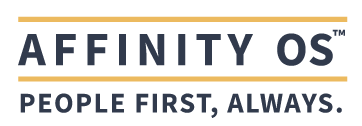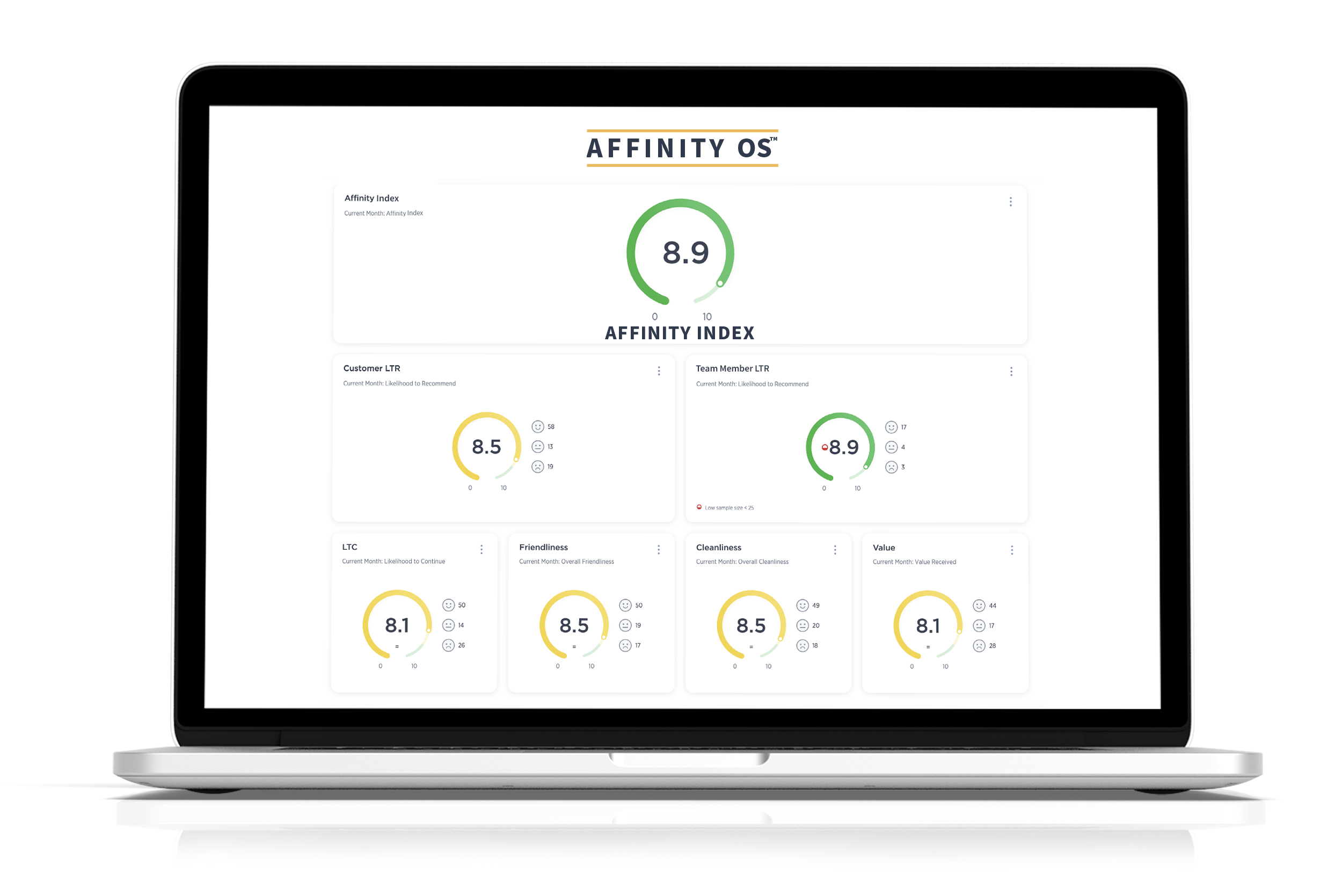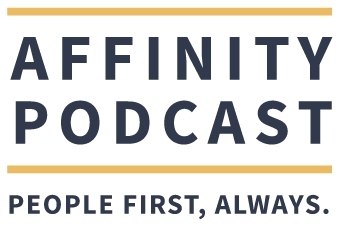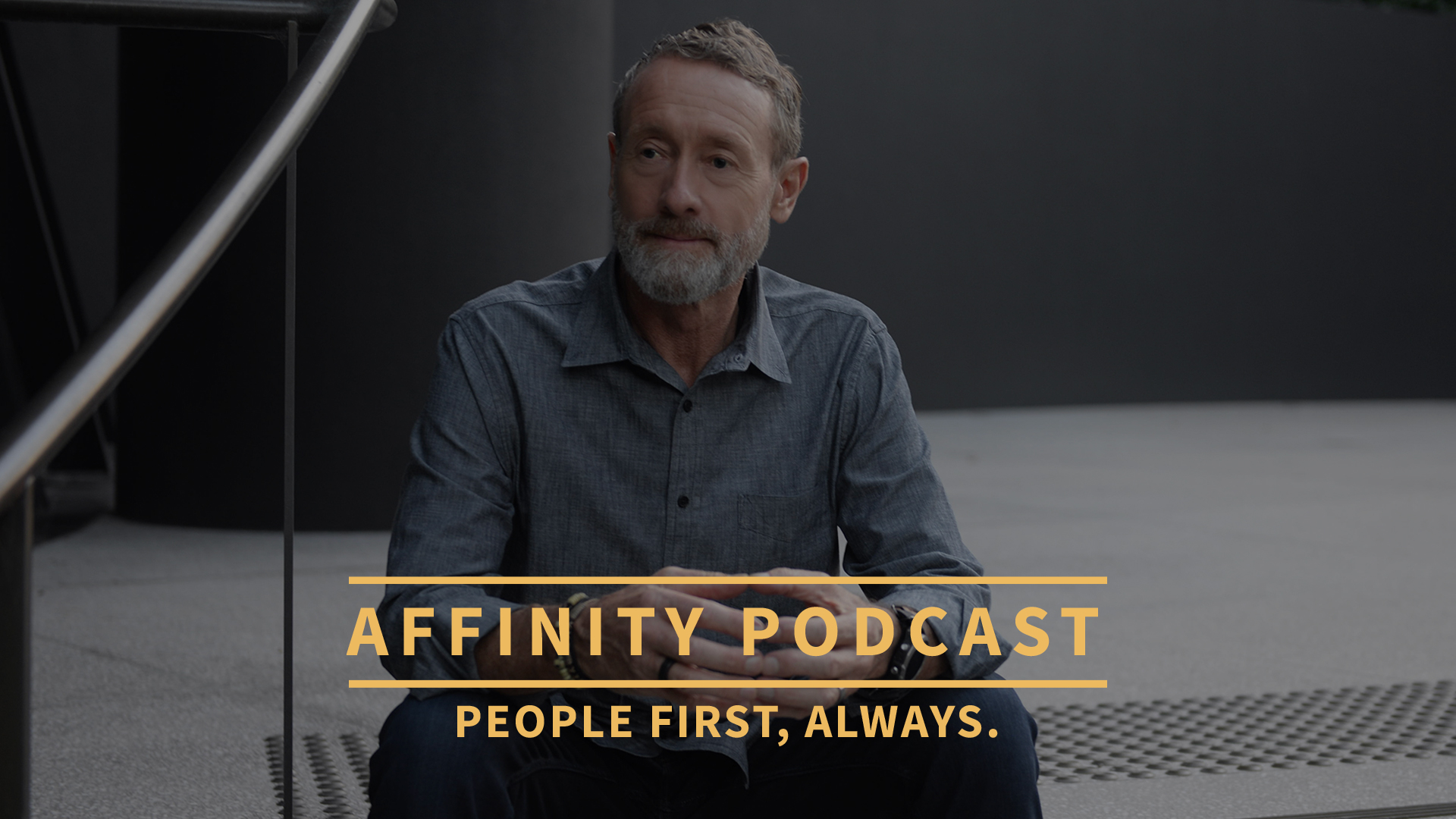6 Traditional Predictors of Consumer Behavior Rendered Obsolete


Grant Ian Gamble is a best-selling mindful leadership author and speaker. He has over 30 years of experience in leading teams to create innovative customer experiences, building engaged workforces, and developing leaders who prioritize mindfulness in their approach.
In an era where consumer behavior changes at lightning speed, traditional methods of predicting these behaviors are quickly becoming obsolete. The intricate dynamics of the market, influenced by generational shifts and rapid technological advancements, demand a more sophisticated approach to understanding consumer preferences. This article delves into how traditional market segmentation, financial metrics, and trend analysis no longer suffice in the face of evolving consumer demands.
We explore the limitations of relying solely on data, the inadequacy of traditional sentiment analysis, and the diminishing relevance of delayed survey results. Highlighting the critical role of AI systems like AFFINITY OS™, we demonstrate how these advanced tools are indispensable for capturing real-time, nuanced shifts in consumer sentiment. This is more than an evolution; it’s a revolution in understanding market trends, where AI’s predictive prowess is not just beneficial but essential for businesses to stay agile, relevant, and ahead in a rapidly changing consumer landscape.
- Market segmentation is so rapidly changing that identifying preferences in real time becomes impossible without relying on systems, such as AI, to quantify and qualify the changes.
– This is a top priority for leaders as it directly impacts their ability to target and serve their market effectively.
- Financial metrics act as lag indicators, reflecting the outcomes of past actions and decisions rather than providing insight into future trends and market shifts.
– Financials are critical metrics, but understanding their limitations is crucial for future planning.
- Trend Analysis based on historical data does not detect emerging trends that aren’t reflected in historical data.
– Recognizing the limitations of historical data is key to anticipating and adapting to market changes.
- Reliance on ‘data only feedback’ misses contextual and causative nuances that drive behavior.
– While data is crucial, understanding its limitations in capturing the full picture is important for informed decision-making. Adding sentiment to this data gives context and direction for action.
- Traditional sentiment analysis, done through manual surveys or focus groups, is unable to process contextual feedback in real time.
– As real-time insights become more important, the limitations of traditional sentiment analysis are an escalating concern.
- Surveys not conducted in real time are obsolete before the findings are published.
– Traditional data gathering techniques, based on monthly or annual surveys, lose relevance given the rate of change in consumer preferences.
The rate of change In consumer behavior has accelerated dramatically, influenced significantly by generational shifts and the rapid advancement of technology. Traditional predictors of consumer behavior are being outpaced by the speed at which tastes and trends evolve. This swift transformation is driven by the diverse expectations of different generations, from Baby Boomers to Generation Z, each bringing their unique set of values, experiences, and technological fluency.
In this context, the role of AI systems, like AFFINITY OS, becomes not just beneficial but essential. These advanced AI platforms are adept at identifying and interpreting the nuanced and often subtle indicators of changing consumer sentiment and preferences. Unlike conventional market research tools, AI systems like AFFINITY OS can process vast amounts of data from a multitude of sources in real-time, offering businesses crucial lead indicators, and the ability to mine that data for demographic and geographic trends and anomalies across a portfolio. This capability enables companies to stay ahead of the curve, adapting their strategies and offerings to align with the shifting consumer landscape.
As we move forward, the reliance on AI to navigate and anticipate these changes has become essential to business strategy. The agility and predictive power of AI systems like AFFINITY OS are vital in a world where understanding and responding to consumer preferences quickly is not just an advantage, but a necessity for staying relevant and competitive.

 Interested in learning more about how to transform your organization’s approach to team member engagement and customer experience? Reach out to our team at AFFINITY OS, specialists in AI-driven customer and team member engagement optimization.
Interested in learning more about how to transform your organization’s approach to team member engagement and customer experience? Reach out to our team at AFFINITY OS, specialists in AI-driven customer and team member engagement optimization.

Dive into the heart of exceptional leadership and customer-centric success with AOS Academy. Our certification courses, guided by the “PEOPLE FIRST, ALWAYS” mantra, are designed to support professionals as mindful, effective leaders and service providers.
By integrating key insights from Grant Ian Gamble’s best-selling mindful leadership book, “The Affinity Principle”, we focus on nurturing people-centric cultures of empathy, effective communication, and customer service excellence.
The AOS Academy is more than just training – it’s a journey towards personal and professional transformation, ensuring every interaction and decision is rooted in understanding and valuing people first.

AFFINITY Podcast EPISODE 10 | Collecting and Leveraging eNPS for a People-Centric Culture, Mindful Leadership, Talent Development and Talent Retention

Put PEOPLE FIRST, ALWAYS and watch your business flourish.
Dive deep into the latest trends in customer experience and team engagement, mindful leadership and management. Discover practical tools and strategies that you can use to build a people-centric culture, the foundation for sustainable long-term business growth and success.
Led by mindful leadership expert, Grant Ian Gamble, a best-selling author and true visionary with over 30 years of experience in leading teams to create innovative customer experiences, building engaged, inspired and fulfilled workforces, and developing leaders who prioritize genuine connection in their approach.
The guiding principle behind all of Grant’s work is PEOPLE FIRST, ALWAYS.
More Articles:
Overcoming Burnout and Building Resilience: Strategies to Help Prevent Burnout and Help You and Your Team Thrive in a Fast-Paced World
In this article, I’ll share some of the strategies and tools that I’ve used to help prevent burnout in myself and my team, and how you can apply them to your own leadership style.
Burnout is a pervasive issue that affects many people in today’s fast-paced world. It is a state of chronic stress that occurs when we experience prolonged periods of exhaustion, cynicism, and detachment from our work or personal lives. According to productivity expert Chris Bailey, burnout can be described as a “diminishing returns problem,” where we become less productive and efficient as we work longer and harder.
The Office is Where Your Laptop Is
Similarly to the migration of retail to online, COVID has provoked a transition of thinking about where team members actually need to physically be in order to do their job well.
As we adjust our perceptions of what work looks like post COVID, there exists a gulf between what was and what will be when it comes to office geography. Companies have already begun divesting themselves of offices and buildings they formally saw as essential in order to house their workforce. Conference rooms lie dormant and have been replaced by Zoom calls. The office phone system has similarly been replaced by cell phones, text messages and FaceTime.
How to Improve Your Quality of Life by 33% Today
I touched on the importance of sleep in my article, “Three Foundations & The First Step Toward Mindful Leadership.” As I explained in that piece, quality sleep is one of the central foundation stones of optimal physical and emotional health. And yet it is underrated by some, and elusive for many.
As with many things, getting great sleep can be a process.
The first step in this process is truly understanding, and appreciating, the importance of sleep to our health and emotional wellbeing.
Fill out the form below and receive a PDF download of "6 Key Strategies to Engage Untapped Fitness and Wellness Market Segments"
Let's Connect!
CUSTOMER EXPERIENCE, TEAM ENGAGEMENT & WORKPLACE WELL-BEING: AFFINITY OS™ | WELLNESS INTEGRATION | MINDFUL LEADERSHIP: "THE AFFINITY PRINCIPLE"
0475 866 592

The Affinity Principle™ by Grant Gamble presents a formula for business success through a people-centric, mindful leadership approach.
PEOPLE FIRST, ALWAYS.








